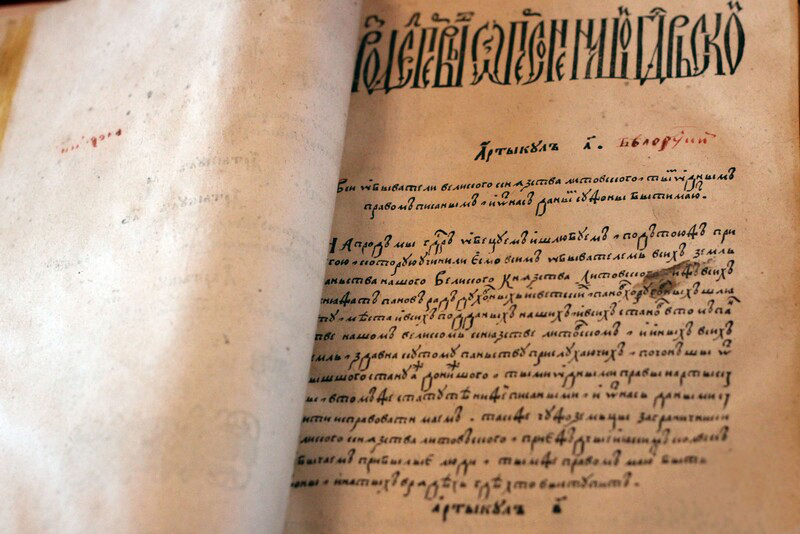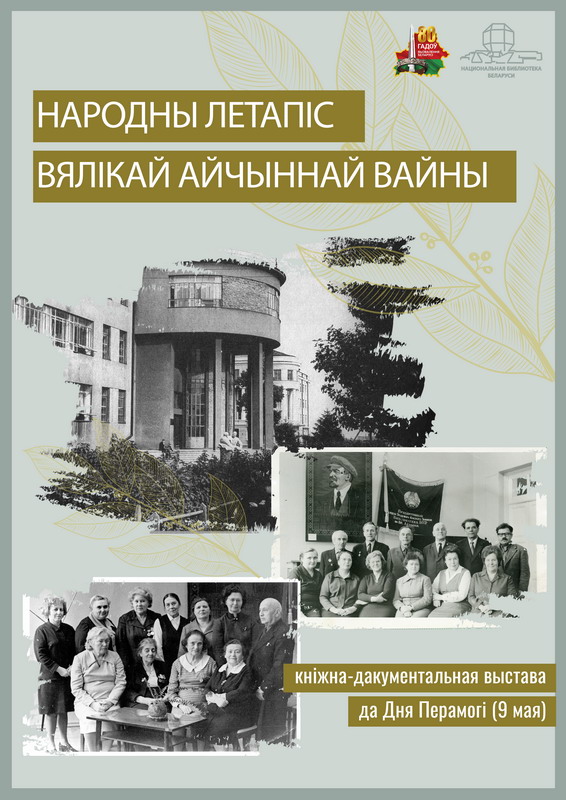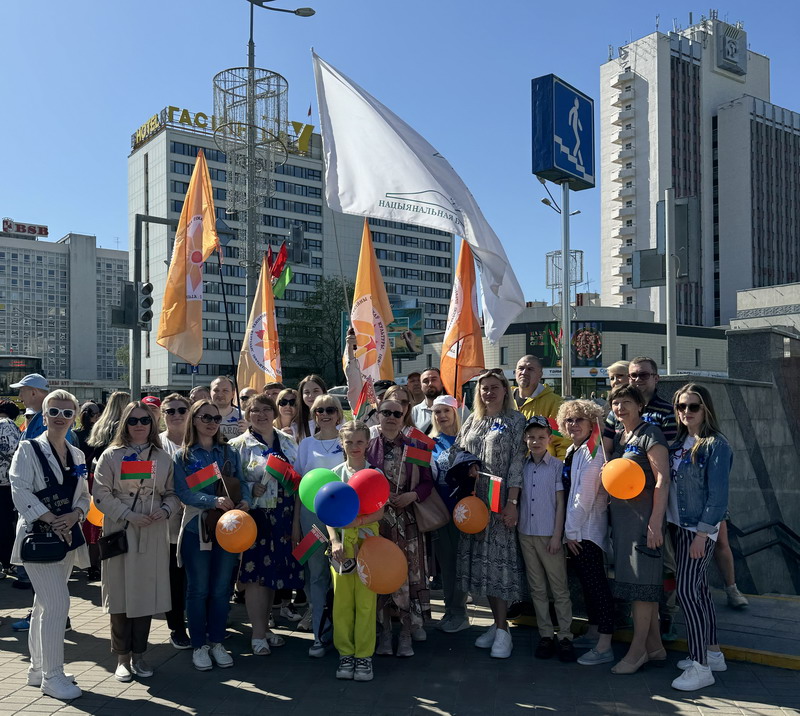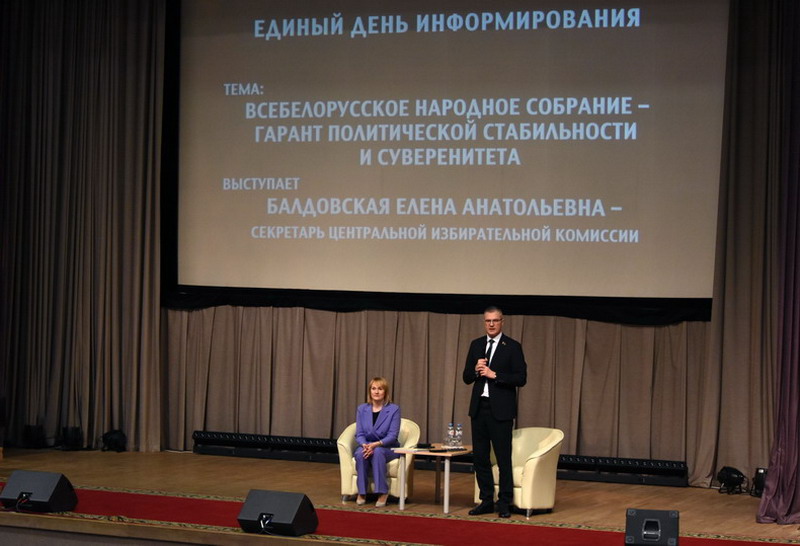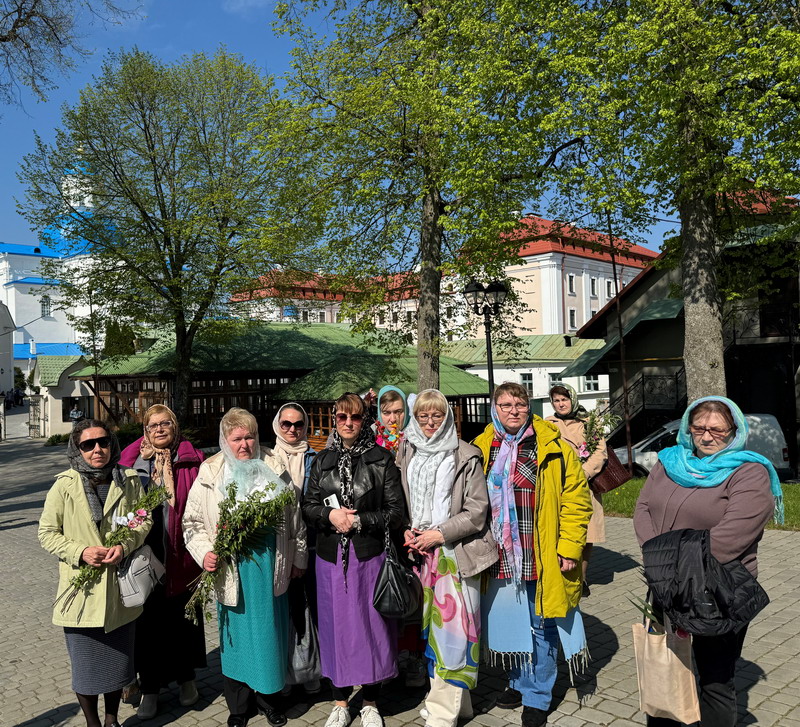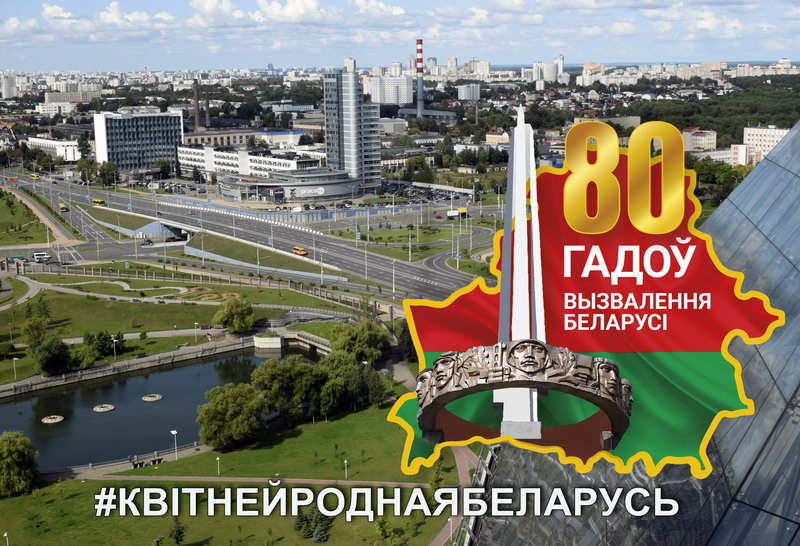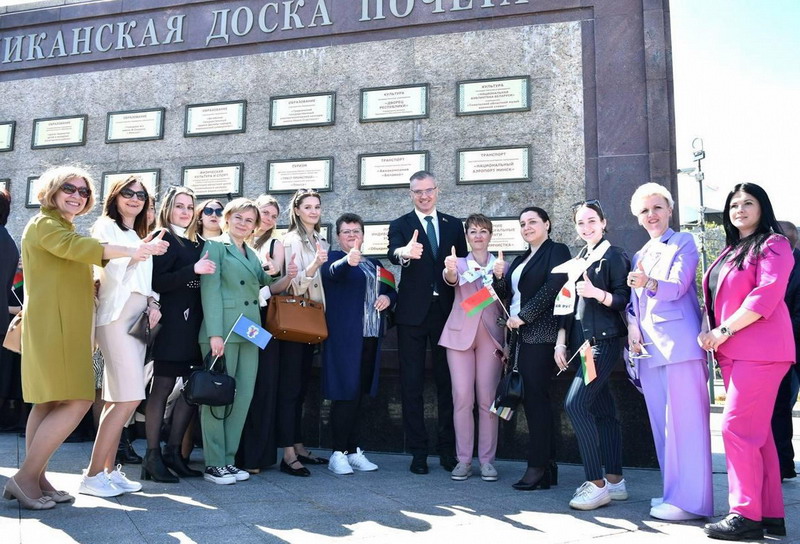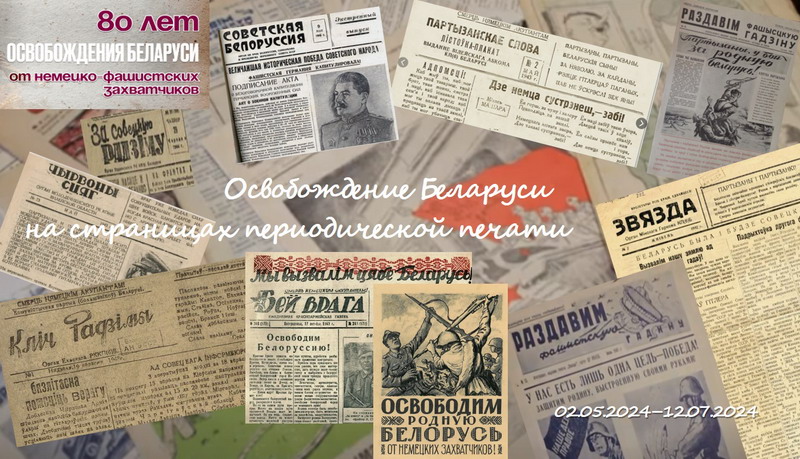An exhibition timed to the 430th anniversary of the adoption of the 1588 Statute of the Grand Duchy of Lithuania runs in the legal information room (207b), from October 30 to January 21.
The third Statute of the Grand Duchy of Lithuania was adopted in Vilna, 1588. The Grand Duchy, despite the union with Poland, had become a virtually independent state. The Statute was developed and prepared at a high theoretical and professional level under the authority of the highest dignitaries of the state, Belarusians by origin: Chancellor Ostaf Volovich and Subchancellor Lev Sapega. The drafters of the Statute did not bring any rules that could be used to the detriment of the sovereignty of the state.
The third Statute exceeded the scope of the previous laws and included a number of principles and theses, which were quite progressive for those days. The Statute was among the first in the world to declare the division of power into legislative, executive and judicial. It consisted of 14 parts and 488 clauses, which covered all aspects of law. A copy of the Statute was to be kept in each district and be accessible to those authorized to administer the court. The Statute guaranteed the rights of the inhabitants of the Grand Duchy to protect their lives, property and honor. The norms of the Statute on religious tolerance were highly progressive for that time. The code of laws provided for the nobility’s responsibility for the murder of a commoner, prohibited the enslavement of a free person for debt or crime, and limited the punishment of minors under the age of 16 years. On the other hand, the Statute protected the interests of the feudal lords, strengthening their privileged position and finally enslaving the peasants.
Under the supervision of Lev Sapega, the Statute was printed in the Mamonich Brothers’ printing house in Vilna. It was in the Belarusian language, which made it understandable and accessible to the public. The Statute was translated into Polish, German, French and other languages, becoming a model for the codification of legislation in many countries of Central and Eastern Europe. In Poland, in cases where there were no clearly defined norms of local law, the courts and legislators referred specifically to the Statute. The same was done in Latvia and Estonia. The Statute (as amended in 1614) also acted in the Ukrainian lands. Only in 1831 it was repealed in Mogilev and Vitebsk regions, and in 1840 in Vilna, Grodno and Minsk provinces. The third Statute had been in force for over 250 years, and this fact illustrates a high level of this famous legal document.
The exhibition is designed for students, postgraduates, law and history teachers, and also for everyone who is interested in the history of the Motherland.
About 100 publications are on display: books, brochures, periodicals and abstracts.
The exhibition includes the subject sections as follow:
- The 1588 Statute of the Grand Duchy of Lithuania as the world’s legacy of law
- The Statutes of the Grand Duchy of Lithuania and the sustainable development of law
- The third Statute as a basis of constitutional law
- The evolution of judicial system in the Statutes of the Grand Duchy of Lithuania
- The development of criminal law in Belarus in the 16th century
- The development of civil law in the Statutes of the Grand Duchy of Lithuania
- Legal regulation of family relations in the Statutes of the Grand Duchy of Lithuania
- Military science and the legislation of the Grand Duchy of Lithuania in the 16th century
- Linguistic and structural features of the 1588 Statute of the Grand Duchy of Lithuania
The opening hours of the exhibition correspond to the library’s opening hours.
Admission is by library card or by ticket of the library's social and cultural center. Information and tickets may be obtained at the registration desk.
Useful links:

